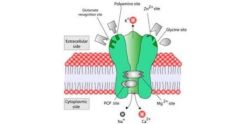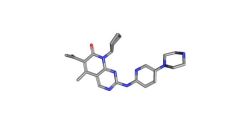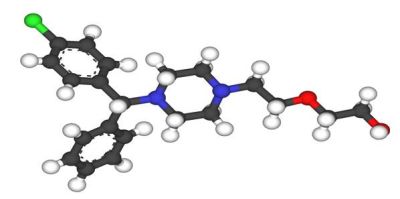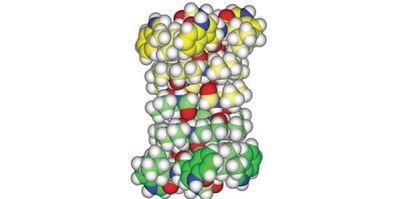According to a new study published in the Journal of the American College of Cardiology, over 10 percent of patients in a representative sample of US cardiology clinics were inappropriately taking aspirin for the primary prevention of CVD. The study also found that the inappropriate use of aspirin in different cardiology practices varied from 0 to 70 percent.
The study involved 254,339 patients who were seen in 119 cardiology practices. All patients were taking aspirin between January 2008 and June 2013. The study did not include patients who were taking aspirin for secondary prevention for CVD as well as those taking warfarin, clopidogrel, ticlopidine, or an aspirin/extended-release dipyridamole combination.
The Framingham calculator was used to calculate the patients' 10 year risk of CVD. The research team used a conservative 10 year CVD risk of less than 6 percent as indicating "inappropriate" use of aspirin for primary CVD prevention. The study showed that 11.6 percent of patients taking aspirin had a 10-year CVD risk of less than 6 percent.
It was found that the inappropriate use of aspirin was more prevalent among younger women. The researchers also found that the adjusted median rate ratio for inappropriate aspirin use in different clinical practices was 1.63 indicating that if two identical patients were seen in two different practices, one patient would have inappropriate aspirin use.
According to Dr. Salim S. Virani, Michael E. DeBakey Veterans Affairs Medical Center, Houston, TX, a major problem with aspirin is that it is available over the counter. Not all inappropriate use is due to prescribed aspirin but in fact, many patients decide to take the drug on their own.
Dr. Virani says that the take-home message for cardiologists is that "for any patient for whom we prescribe aspirin [for primary prevention] or who is using aspirin on their own, [we] should get into the habit of calculating 10-year CVD risk and then having a discussion with the patient as to what is the risk vs benefit."
The research highlights a major area of improvement since an estimated 36 percent of people in the US use aspirin. It is important to use the drug in a more scientific manner since its appropriate use has the potential to improve cardiovascular outcomes and will also avoid any harm to patients.
Dr. Francisco Lopez-Jimenez of Mayo Clinic emphasises the need to recognise that there are people who take aspirin because they believe it will protect them from heart attacks but in reality, they are exposing themselves to the bleeding risks of taking aspirin and are unlikely to derive any benefit from it.
Source: Medscape
Image Credit: Wikimedia Commons























